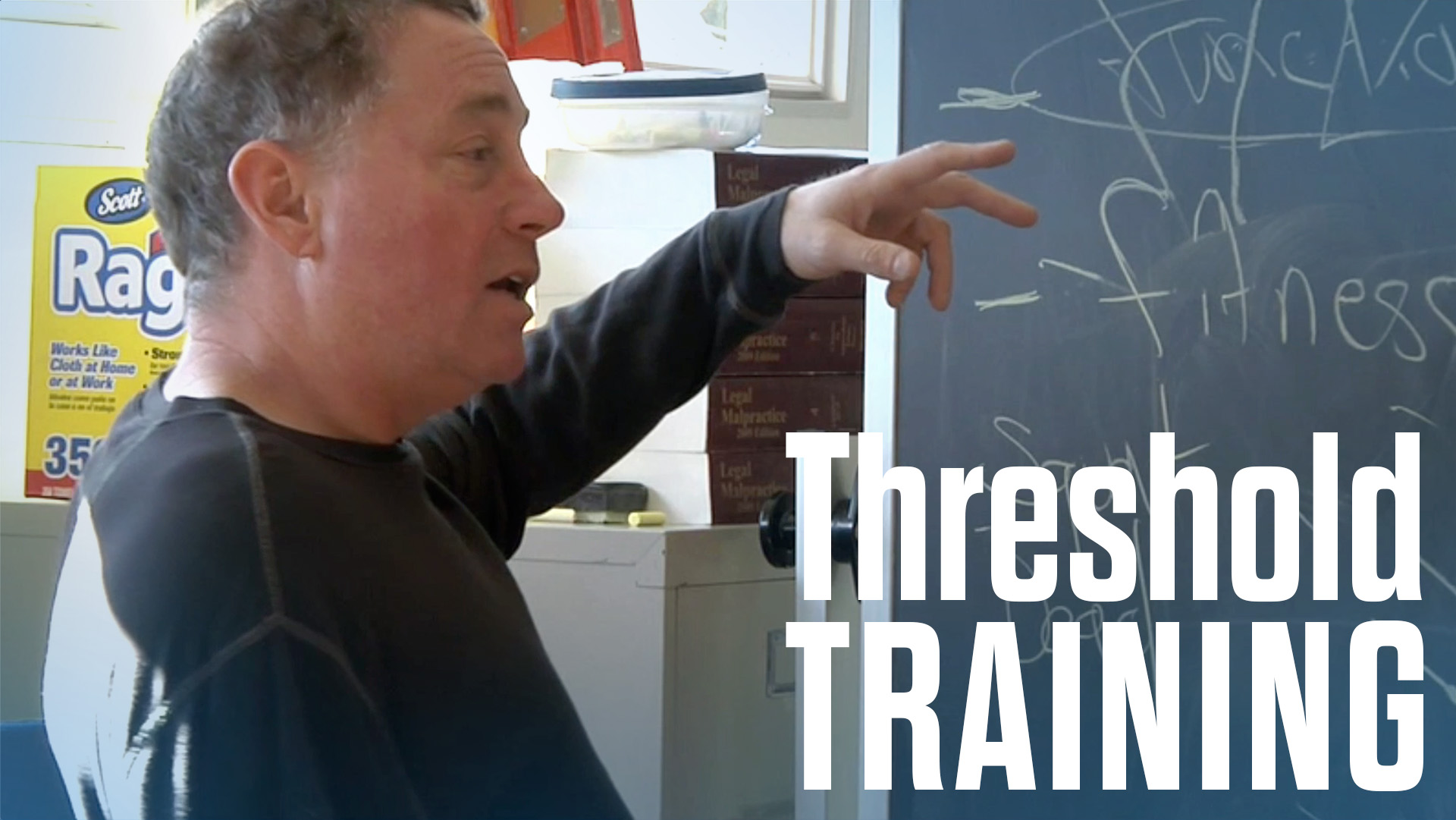The
Daily
Fix
For load:
Pork Katsu with Marinated Cucumbers
Threshold Training

Snatch 5-5-3-3-3-1-1-1-1 reps
Pork cutlets coated in crushed pork rinds, paired with refreshing soy sauce–marinated cucumbers.
Pushing the Boundary Between Control and Failure
Additionally, spend 25 minutes stretching.
Post loads to comments.
Ingredients
For the Pork Katsu:
4 boneless pork chops (about 6 oz each, ½-inch thick)
2 cups crushed pork rinds (very fine, panko-like texture)
2 large eggs, beaten
½ cup almond flour
3 Tbsp butter or beef tallow (for frying, more as needed)
Salt and black pepper, to taste
For the Soy Sauce Marinated Cucumbers:
2 small cucumbers, thinly sliced
2 Tbsp soy sauce or coconut aminos (unsweetened)
1 Tbsp rice vinegar or apple cider vinegar
½ tsp sesame oil
1 scallion, thinly sliced
½ tsp red pepper flakes (optional)
Optional Garnish:
Lemon wedges
Toasted sesame seeds
Fresh cilantro
Macronutrients
(per serving, makes 4)
Protein: 54g
Fat: 36g
Carbs: 6g
Preparation
In a small bowl, combine soy sauce, vinegar, sesame oil, scallion, and red pepper flakes. Toss cucumber slices in the mixture and refrigerate while preparing the pork.
Pat pork chops dry and season with salt and pepper. Dredge each cutlet in almond flour, dip into beaten eggs, then coat thoroughly with crushed pork rinds, pressing firmly to adhere.
Heat butter or tallow in a large skillet over medium heat. Fry pork cutlets 3–4 minutes per side until golden brown and cooked through (145°F internal). Transfer to a paper towel–lined plate to drain excess fat.
Plate pork katsu with a side of soy-marinated cucumbers. Garnish with lemon wedges, sesame seeds, or cilantro if desired.
In this 2010 chalkboard talk, Greg Glassman explains threshold training as a fundamental but frequently misunderstood driver of human performance. He describes it as a deliberate process of pushing speed, load, or intensity to the point where errors emerge—then learning to regain accuracy and control without backing off. Borrowing from shooting sports and the classic overload principle, Glassman frames threshold training as an essential tension between velocity and precision: improvement only occurs when performance is stressed beyond comfort, forcing physiological adaptation and refined motor control. Whether in athletics, surgery, typing, or sport, the highest levels of skill are not achieved by avoiding mistakes, but by repeatedly testing the limits of speed and force while maintaining a normative standard of accuracy. Over time, this process produces stronger tissues, better coordination, and the capacity to operate safely and effectively at higher power outputs.

SATURDAY 260214